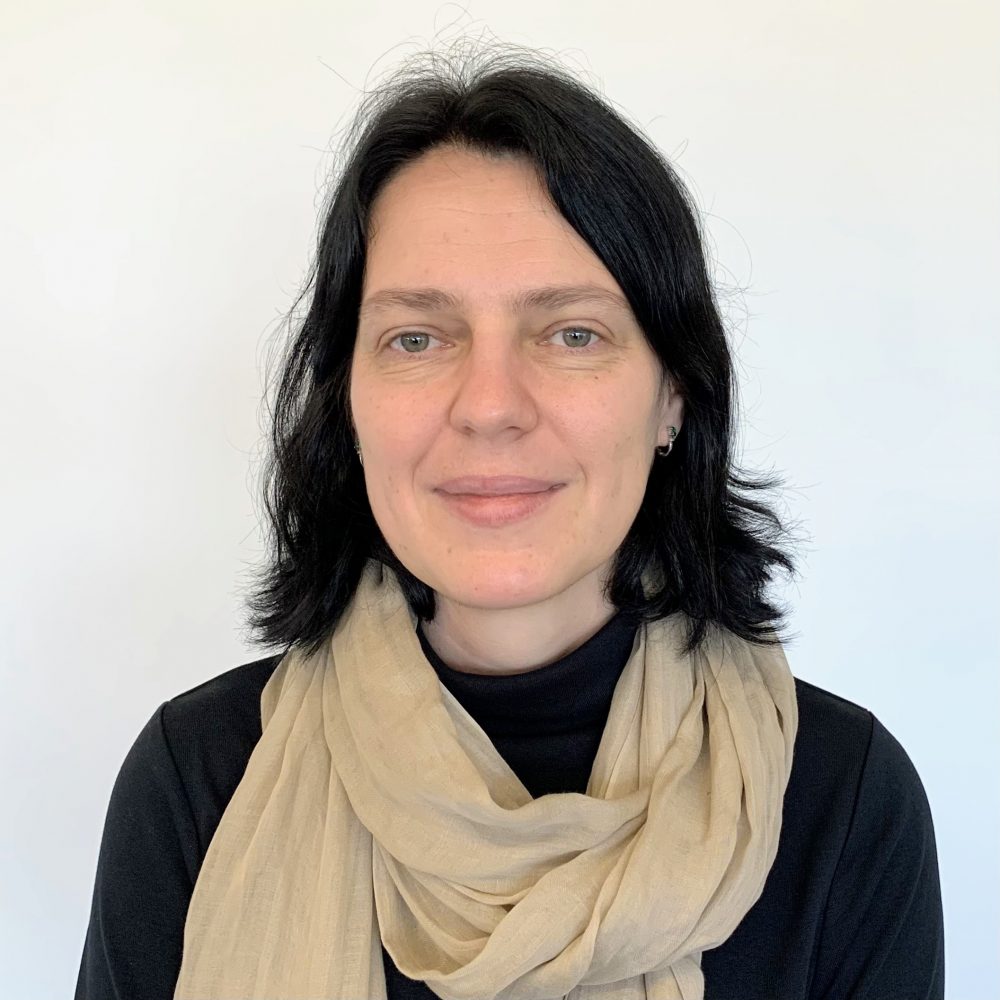Dr Nataliya Zhukova, Early Career Practitioner Fellowship, Monash University, VPCC PhD Student
- Research Scientist, Developmental and Cancer Biology
- PhD Student, Developmental and Cancer Biology
- nataliya.zhukova@hudson.org.au
Dr Nataliya Zhukova is a member of the Developmental and Cancer Biology Research group in the Centre for Cancer Research.

Areas of interest
Research group
Developmental and Cancer Biology
Biography
Dr Nataliya Zhukova is an early career researcher in the Developmental and Cancer Biology research group, and a PhD student in the Sarcoma program.
Dr Zhukova holds an Adjunct Research Fellow appointment in the Department of Paediatrics, School of Clinical Sciences at Monash Health, Faculty of Medicine Nursing and Health Sciences at Monash University, and is also a Paediatric Oncology Fellow at the Children’s Cancer Centre of the Monash Children’s Hospital. She was the recipient of a prestigious ‘My Room’ Clinical Research Fellowship, awarded by the Children’s Cancer Foundation, which concluded in April 2022.
Dr Zhukova commenced a PhD in July 2022, with project title ‘Identification of molecular prognostic and therapy resistance signatures in paediatric sarcomas’. She has been awarded the Victorian Paediatric Cancer Consortium (VPCC) PhD Student Scholarship, sponsored by Monash University, to support her PhD. She has also been awarded an Early Career Practitioner Fellowship through the School of Clinical Sciences at Monash Health, Monash University, which also commenced in July 2022.
Dr Zhukova has a strong interest in paediatric CNS (central nervous system) and non-CNS cancers. Her interests focus on combining biological, clinical, and translational knowledge at the junction of paediatric oncology, molecular oncology and cancer genetics to study molecular markers to understand tumourigenesis, improve risk-stratification and develop novel therapies to maximise survival and decrease short- and long-term side-effects in this population.
Dr Zhukova completed her medical training at the Kharkiv National Medical University, Ukraine (2000). She earned her BSc (Hons) in Molecular Biology and Genetics (2008) followed by her Master’s Degree (2012) in Molecular Oncology and Cancer Genetics from the University of Toronto, Canada. During her Master’s, under the supervision of Drs Uri Tabori and David Malkin, Dr Zhukova conducted a multicentre international study to establish a novel TP53-mutation-enriched subgroup of Sonic-Hedgehog medulloblastoma with poor prognosis, which has changed clinical practice internationally.
In late 2012, Dr Zhukova was granted a Clinician Scholar Award, funded by the Pediatric Oncology Group of Ontario, to continue her clinical research training at the Hospital for Sick Children in Toronto with Dr Tabori, in the Genetics and Genome Biology Program of the Arthur and Sonia Labatt Brain Tumour Research Centre. There, during her Postdoctoral Fellowship, she focused on defining molecular subgroups of paediatric low-grade glioma and its implications on disease progression, tumour transformation, and therapeutic strategies. Her contribution to paediatric brain cancer research has been recognised by the Society of International Pediatric Oncology (SIOP), Young Investigator Award. Later, she extended her expertise into hypermutated cancers and biology of the biallelic mismatch repair deficiency (BMMRD) cancer predisposition syndrome though extensive clinical and research work with the BMMRD Consortium, led by Drs Uri Tabori and Eric Bouffet from the Hospital for Sick Children.
Dr Zhukova came to Australia in 2017 to expand her clinical expertise in paediatric malignancies and was a Clinical Fellow at the Royal Children’s Hospital and the Children’s Cancer Centre at Monash Children’s Hospital for two years prior being recruited by Hudson Institute in April 2019.
Dr Zhukova has devoted her translational research career to improving outcomes for children with high risk cancer, with her scientific work resulting in many peer-reviewed high impact publications and contributing to a number of clinical trials, including targeted therapy studies.
Publication highlights


